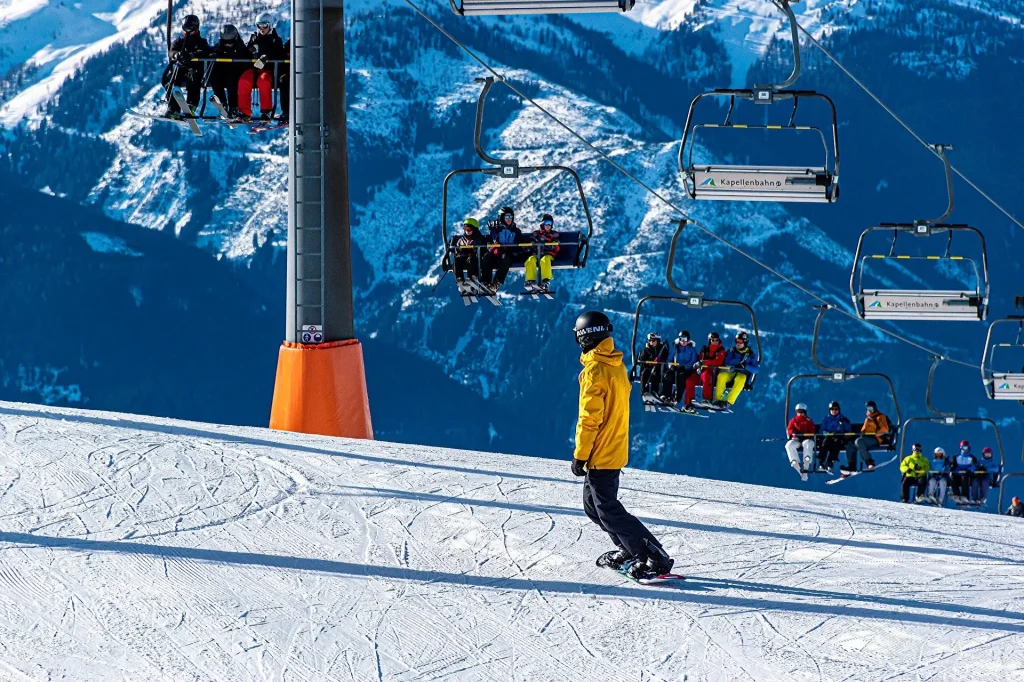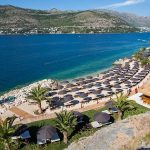As Poslovni Dnevnik/Marija Crnjak writes, a Valamar Austrian hotel, a new one that is, could finally iron out the issues faced by temporary employment and the extremely seasonal nature of the Croatian economy, making things far more stable for Croatian staff who crave a regular income without worries.
Such an exchange, however, can hardly be expected at an institutional, interstate level, either because of legal barriers or the fear of hoteliers that they will lose workers who will simply drop everything without a second thought for a better salary in a ski-oriented, higher paying country.
In such circumstances, it is difficult to expect employers to seek formal education when hiring, which is advocated by professors from the Croatian education system, especially because students are educated according to outdated and inappropriate curricula. That could change once the Regional Centres for Competences in Vocational Education come to life, and the first effects on the labour market should be seen in around 2028. All of this could be heard at a panel discussion held at Zagreb’s Faculty of Economics on Thursday.
The discussion on the connection between education and the labour market with as many as 10 panelists was organised by Zabok High School and the Faculty of Economics within the ESF project Zabok Regional Centre.
As many as three large tourist companies operating here in Croatia have facilities in their portfolio at Austrian ski resorts, and they’re all fresh acquisitions. The Falkensteiner Group opened the Hotel Kronplatz in South Tyrol last year, this September it was announced that the Arena Hospitality Group is buying the Franz Ferdinand Mountain Resort hotel in Nassfeld. Valamar Riviera is currently buying its second hotel in Obertauern, and the plan is to employ more than 130 Valamar employees from Croatia during the winter at the ski resort.
“At Valamar, the focus is on permanent employment, we also have over 1,000 permanent seasonal workers, and the strategy of the internationalisation of our business in winter destinations has fitted in perfectly with these efforts. This gives Croatian staff the opportunity to continue working in this market, which has higher salaries, after the summer season, as their income in hotels in Obertauern is in line with Austrian law. In addition to the financial opportunity, they get a chance to expand their knowledge and experience, as well as improve their knowledge of the German language, which is important.
At the same time, they’re sure that they will be accompanied there by the heads of departments they already know from Croatia, and they’re also sure that they will have a job on the Adriatic by the time spring rolls around. This is also our attempt to address the problem of the emigration of Croatian staff abroad in this way,” said Ines Damjanic Sturman, the director of the Human Resources Department at Valamar.
Although this is being considered, the institution of exchanging employees between countries with higher needs in the summer or winter season will be difficult to implement, said Sonja Holocher-Ertl, the director of Advantage Austria, a branch of the Austrian Chamber of Commerce’s foreign trade department. On the Advantage Austria website, about 40 travel companies are currently looking for workers from Croatia.
“Hotel owners in Austria have similar problems when it comes to finding workers as Croats do. The most basic occupations are in demand, waiters, chefs, receptionists, housekeepers, janitors… and most employers are small or medium-sized family businesses, owners of 4 or 5 star facilities. This winter season, a desirable criterion is that workers be fully vaccinated against the novel coronavirus. Exchanging workers is an attractive idea, but it can best be done if someone happens to be the owner of said facility, who then relocates his workers as he wishes.
Without that, the matter can easily become very complicated, either because of legal procedures or because of the fear of employers that workers will simply stay where the conditions are better, in Switzerland, for example, Croatian staff are paid significantly more than they’d ever be in Croatia,” explained Holocher-Ertl.
When it comes to labor migration, Natasa Kacar, director of the employment agency Gate2Solutions, claims that there are a lot of Croatian citizens who do, despite all, want to return to Croatia eventually.
“A lot of workers who work abroad call us because they’re looking for jobs in tourism back home in Croatia, but they want decent wages and off-season work as well, and they want to know what conditions their would-be employers offer, and it’s very difficult for us to find employers who can offer them what they need,” concluded Kacar.
For more, check out our dedicated business section.










